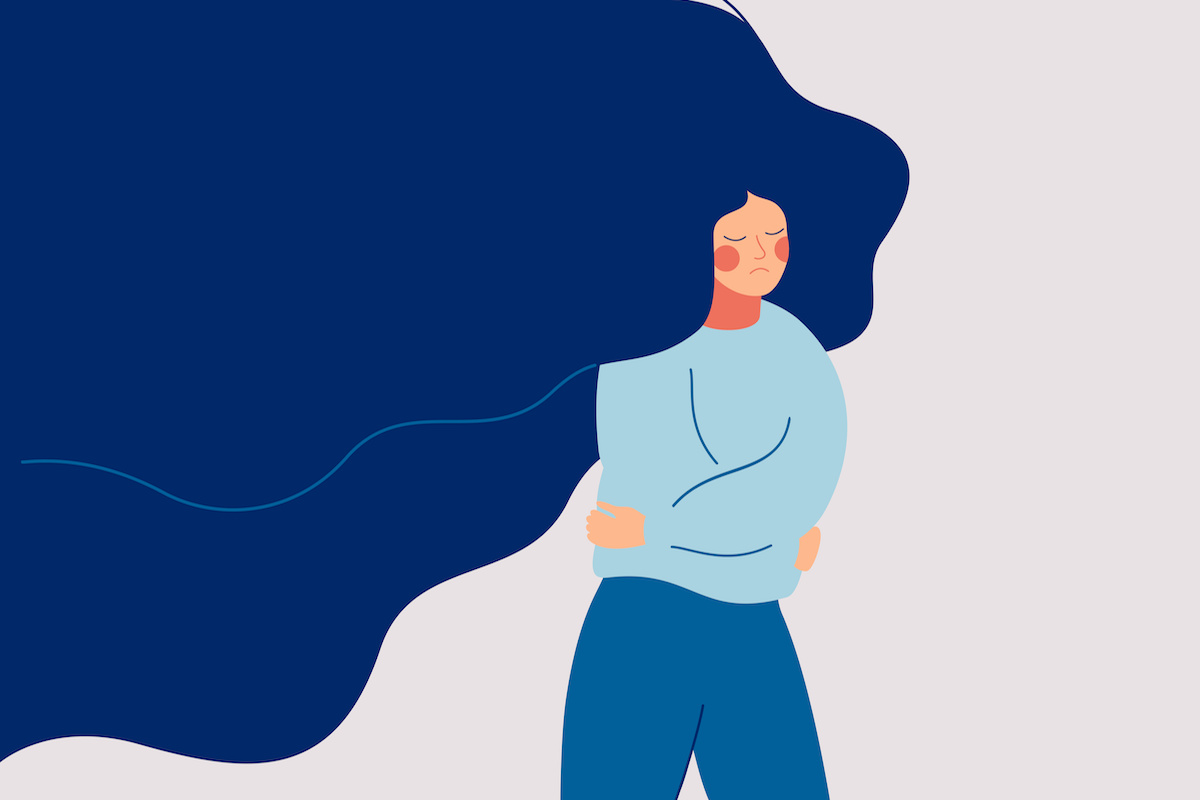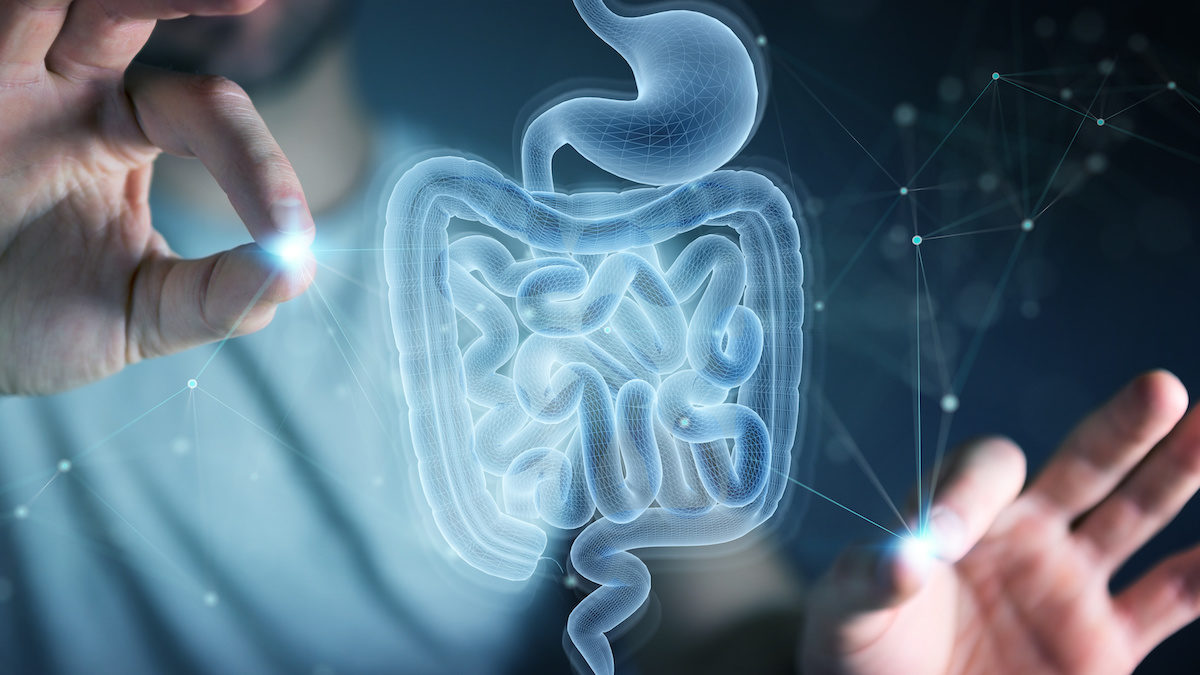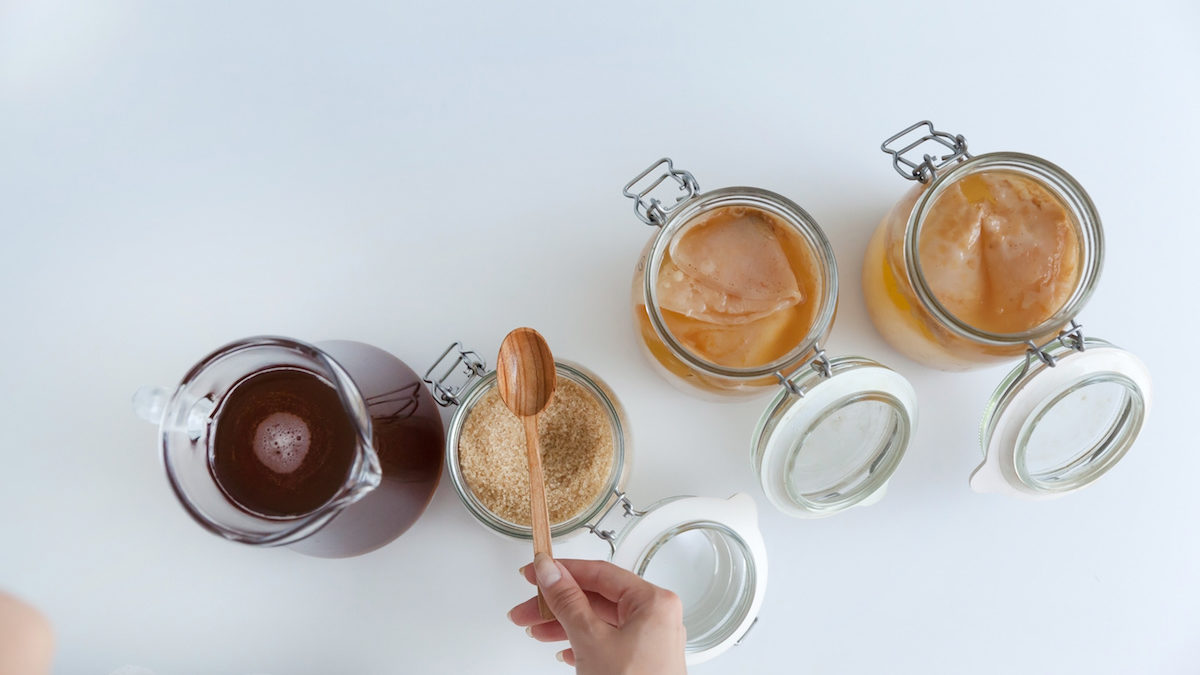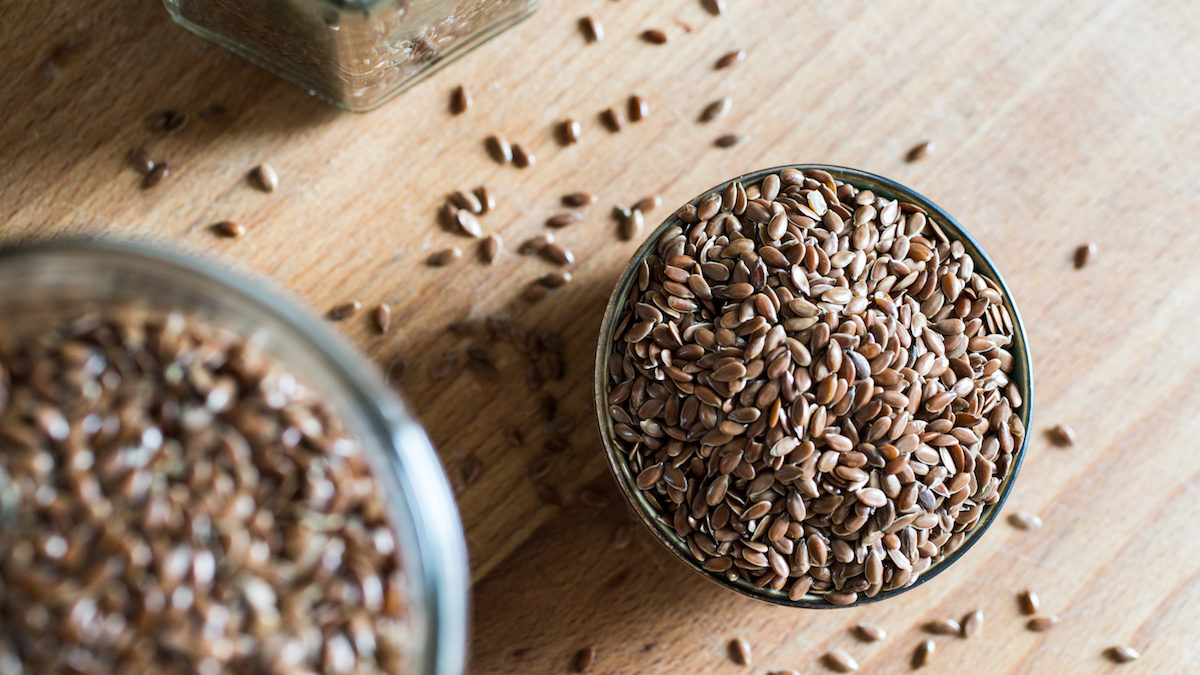The Gut-Brain Connection and How It Can Affect Your Mental Health and Wellbeing

When it comes to any aspect of our physical and mental health, nothing is solitary and most things are connected. Just look to the positive impact exercise can have on our mental health, or the way inflammation can result in a range of seemingly disparate symptoms.
One link that we’re seeing increasing discussion around is that between your gut and the brain. Soaring levels of mental health issues within the population coupled with a rising awareness on the holistic impact of gut health is obviously at play, with a reported 70 million Americans affected by digestive issues.
Here nutritionist and gut-health specialist Alice Rose Grinstead dissects this link between our gut health and our mental health, before highlighting some suggestions on how to make a positive change to both.
The Gut-Brain Axis: How Are The Two Connected?
The gut connects to your brain through the gut-brain axis (GBA). This is a two-way link between the enteric nervous system (a system of neurons in the intestine that is responsible for the function of the gastrointestinal tract) and the central nervous system (made up of the brain and spinal cord) which controls most of the functions in the mind and body.
Biochemical responses from hormones, neurotransmitters, and our gut microbiota (bacteria, fungi, viruses, and parasites that live in our gut) pass between the gut and the brain as chemical messages from the enteric nervous system to the central nervous system.
How Is Your Gut Microbiome Related To Your Mental Health?
Our gut microbiome starts to become populated in utero, then through birth, breastfeeding, and our environment. As adults what we eat becomes the number one influence on our gut microbiota. Trillions of microorganisms including bacteria, viruses, parasites, and fungi, live in our large intestine, the sum of which we call the gut microbiota.
Why is it important? Well, 70 percent of our immune cells live in our gut and the gut microbiota are responsible for thousands of metabolic functions, hormones, vitamins, and digestive enzymes needed to digest fibre (we as humans can’t produce these enzymes). They are considered key for mechanisms such as intestinal permeability, immune activation, entero-endocrine signalling and neural responses.

We know that gastrointestinal problems can cause stress and anxiety and that stress and anxiety can make gastrointestinal problems worse – but why? There is increasing evidence that the two-way communication between the gut microbiota and the central nervous system (i.e. the gut-brain axis) has a direct link to our mental health as it links cognitive and emotional centres of the brain with peripheral intestinal function.
Gut microbiome dysbiosis, leaky gut, and inflammation are factors that can affect the brain and cause symptoms of anxiety, depression and autism. And there is also strong clinical evidence between individuals with IBS also suffering with depression.
In What Ways Can You Manage Your Mental Health Through A Healthy Gut?
I always come back to the analogy that our gut microbiome is like a garden – too many weeds and it won’t thrive. This can be said for the gut microbiota we have residing in our gut. 95 percent of bacteria are beneficial. However, when we have an imbalance it can reduce diversity and become an unhealthy environment.
Let’s revert back to the garden. When we have lots of different types of flowers we increase biodiversity and create a healthy ecosystem. The same goes for the gut. The aim is to have a diverse range of microbes populating the gut as they are responsible for our mood and thousands of metabolic functions.
Some of the best ways to improve our gut health can be through nutrition and eating a healthy and balanced diet to support good gut health which in turn will support our mental health; a win-win for the gut-brain axis.
Foods & Nutrients That Can Boost Your Gut (And Mental) Health
Follow these suggestions with the nutritionist’s mantra in mind: “remove, replace, repair, rebalance, reinoculate.”
Prebiotics
These are plant fibres that feed our gut microbiota and create an environment they can thrive in. They can be found in oats, legumes, leeks, asparagus, banana, apples, garlic, globe and Jerusalem artichoke, onion, and prebiotic supplements.
Probiotics
Probiotics are live bacteria and yeasts we need to help populate our gut with beneficial microbes. They can be found in yoghurt with live cultures, sauerkraut, kimchi, kombucha, miso, tempeh, and natto.

Hydration
It’s absolutely key that we regularly drink water to make sure we are eliminating toxins from the body.
Fibre
Fibre helps to feed our gut microbiota, improve our stool quality, and boost gut motility to reduce constipation and make sure we are excreting toxins from the body. Many of us don’t reach the minimum 30 grams of fibre required per day. Remember to eat the rainbow of fruits and veggies to pack that fibre in then.
Essential Fatty Acids
Essential fatty acids are key for cell membrane functions, reducing inflammation and supporting brain and cognitive health. They can be found in flaxseed, chia seeds, hemp seeds, salmon, mackerel, anchovies, herring, and sardines.

Antioxidants
These target free radical damage and inflammation to reduce oxidative stress, an imbalance between free radicals and antioxidants in the body caused by our diet, environment, stress, alcohol, some medications, and obesity. Great sources are berries and cherries as they are high on the Oxygen Radical Absorbance Capacity (ORAC) scale.
Bone Broth
Bone broth is a great source of collagen and glutamine which are fantastic for supporting connective tissue health and repairing our guts tight junctions.
Can Mindfulness Help Improve Your Gut Health?
Yes absolutely. Mindfulness practices like breathing and meditation can support regulating the stress response and how our body copes with stress.
Meditation has been shown to switch us from that flight-or-fight sympathetic response (which can be so detrimental to our health) to the rest-and-digest parasympathetic nervous response which is imperative to enhance nutrient absorption, reduce, inflammation and maintain healthy gut barrier function.
Alice Rose is a registered and licensed nutritionist (mBANT, CNHC, IFM) who runs UK and international clinics, including at leading fitness studio Frame London, while also running a weight loss clinic for a private GP practice. She has developed recipes for a multitude of businesses, run global health retreats and is a speaker at wellness festivals.
Alice’s specialisms include women’s health, gut health, energy, sleep and fatigue, weight loss and musculoskeletal health. For a complimentary tailored gut health consultation get in touch at thoughts@alicerosewellness.com or www.alicerosewellness.com.


















